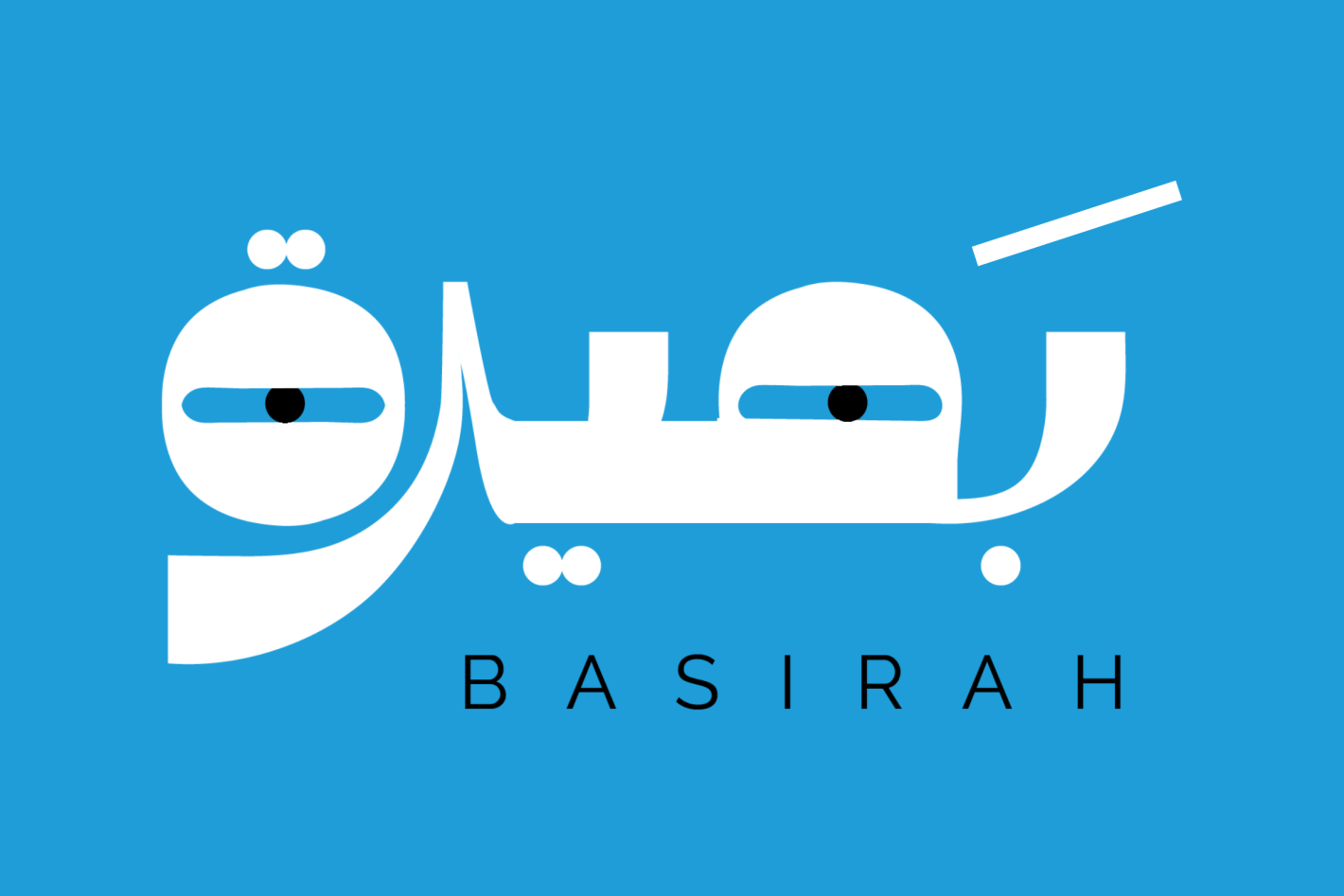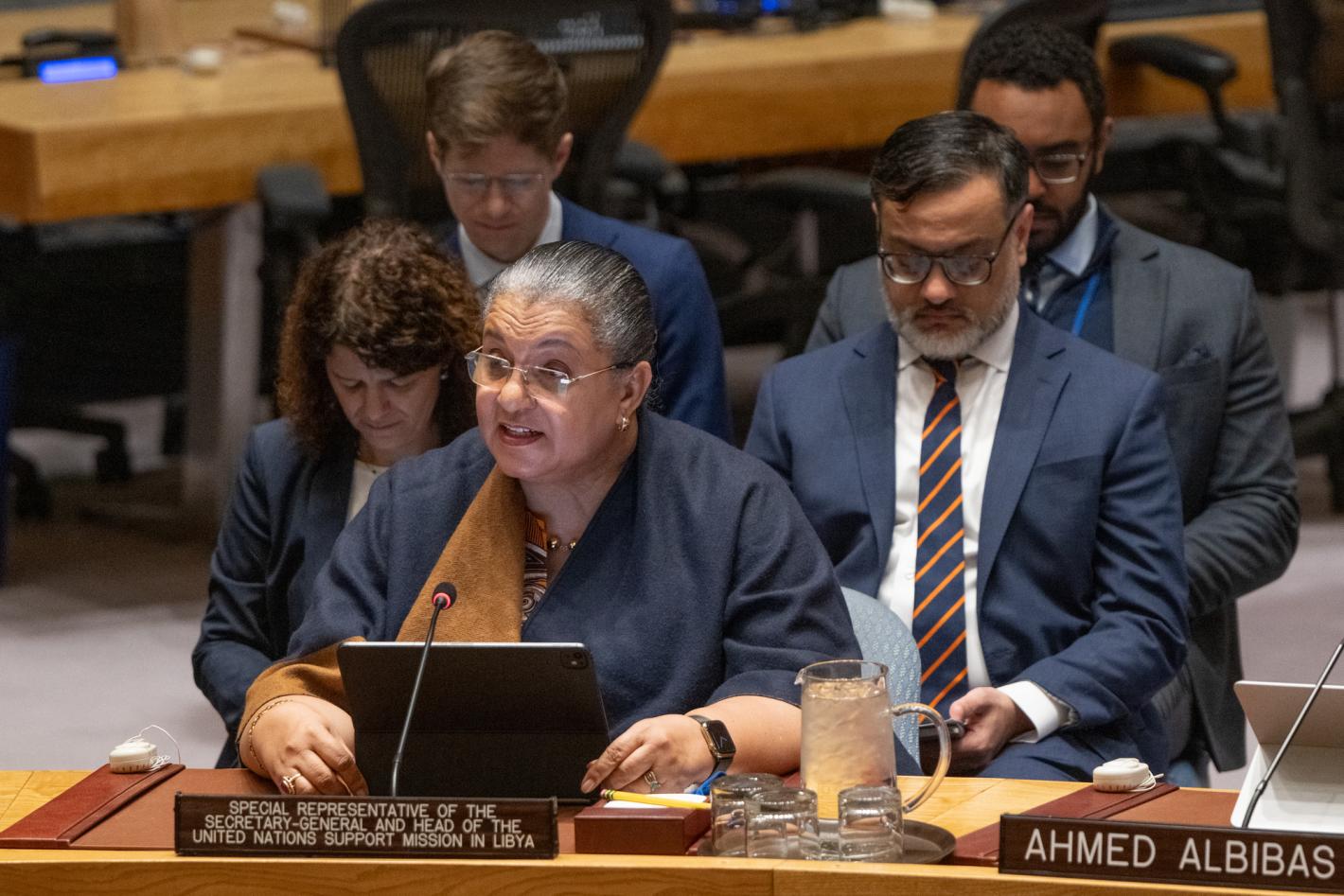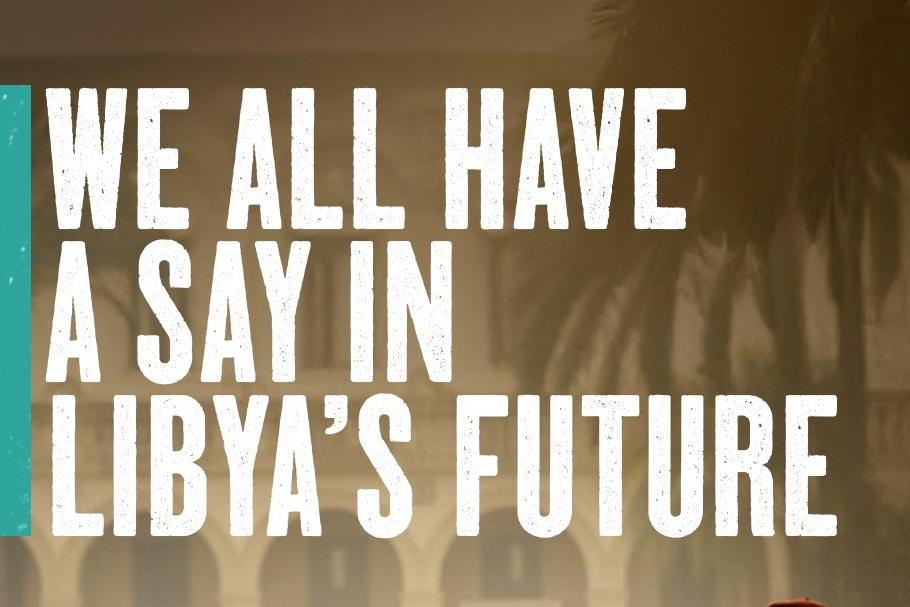TRIPOLI – 9 April – As part of activities to mark International Women’s Day, the UN in Libya conducted an online survey to understand how the UN could better support women’s voices in Libya’s political process.
A third of the 63 male and female respondents stated that as women were half of society ensuring their inclusion in decision-making would improve not only the political situation, but the economic situation which can often disproportionately impact women.
“The whole of society, not just half of it, should be entrusted with developing a way forward,” said one 45-year-old woman from Misrata.
Many respondents emphasized that women’s inclusion brings about diverse perspectives on key issues, leading to more inclusive decision-making and innovative policies. Many also highlighted the importance of presenting female role models to inspire future generations and to change negative views established by the society about the role of women.
“Women have a role in spreading peace and raising the standard of living, especially when they are in leadership positions,” said a 55-year-old woman from Tripoli.
Others added that participating in the political process through voting and standing for election, can contribute to enhancing women’s roles in political decision-making and enable them to have equal opportunities to shape government policies.
“As a 23-year-old woman from Zwara, I have benefited hugely from trainings offered by many organisations. Future trainings for women should be on political access, be practical like visiting ministries and parliament and include engagement with local leaders,” she added.
All participants in the survey wanted to see more support from the UN in Libya to women. Their recommendations included:
- Ensuring an inclusive process where all women from different communities across Libya can participate, including advocating for quotas for women in state institutions;
- Encouraging the adoption of laws and policies that protect women’s rights, promote equality and protect women and girls from violence, particularly on social media.
- Enhancing the communication and advocacy skills of women, particularly young women, to increase their participation in the political process and their ability to communicate;
- Designing and implementing projects and programmes aimed at protecting women’s rights and supporting their development including practical trainings with visits to parliament and councils, as well as engagement and dialogues with local leaders to help raise women’s voices;
- Holding workshops at university, higher institutions and school level to raise awareness of women’s rights.






